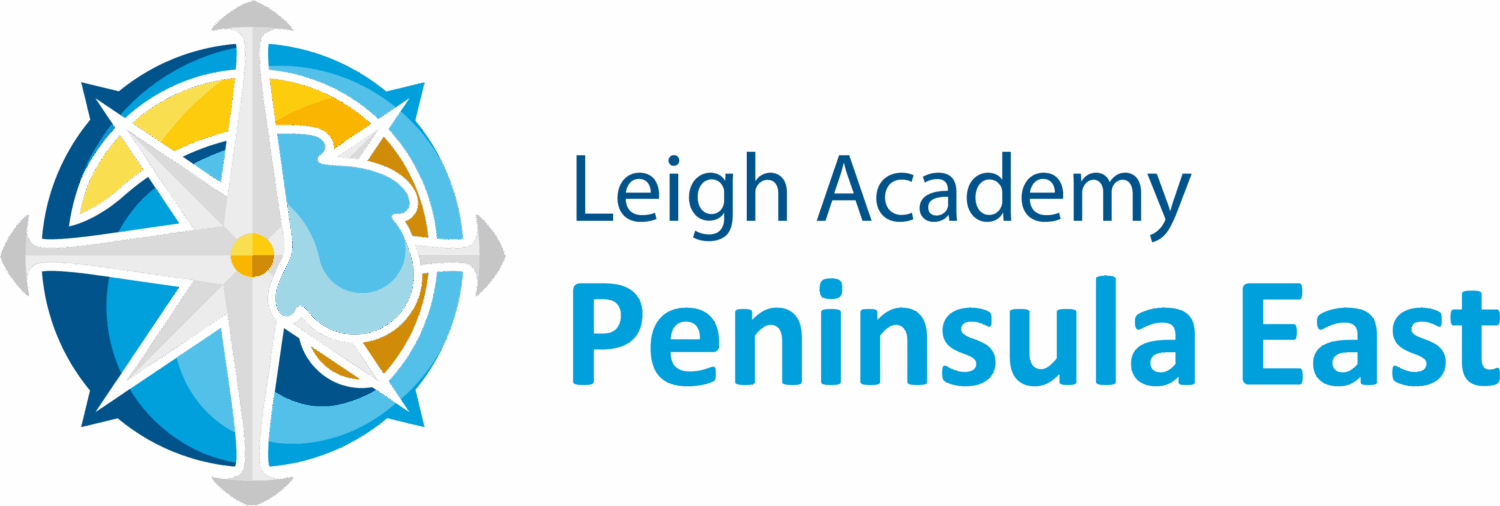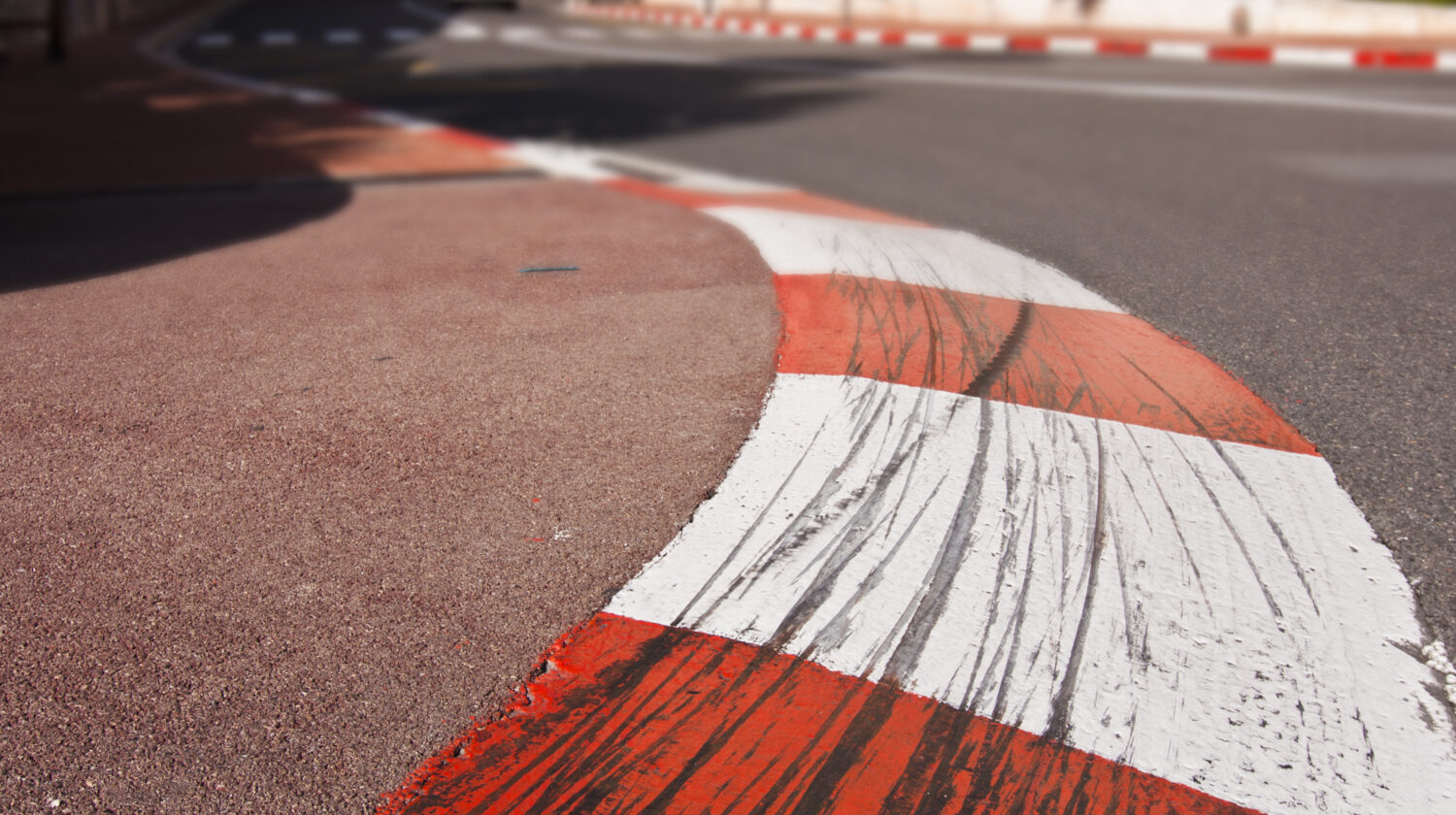Lewis Hamilton is a British Formula One driver, renowned worldwide for his record-breaking career and influence both on and off the racetrack. A supreme competitor, visionary and role model, he has established himself as one of the most accomplished drivers in the history of motorsport.
Beyond his remarkable achievements, Hamilton is also a committed advocate for equality, diversity, and sustainability. He has been outspoken on issues such as racial injustice, climate change, and animal welfare. His decision to adopt a plant-based lifestyle reflects his dedication to reducing his environmental footprint, while his campaigning has helped bring global attention to critical social and environmental challenges.
Over the course of his career, Hamilton has amassed an extraordinary list of honours: seven Formula One World Championships, a knighthood in 2021, and accolades such as the BBC Sports Personality of the Year Award and Laureus World Sportsman of the Year. He holds records for the most race wins, pole positions, and podium finishes in Formula One history.
Despite his global fame, Hamilton continues to dedicate himself not only to racing but to inspiring future generations. Through his foundation, Mission 44, he actively works to create opportunities for young people from underrepresented backgrounds. His legacy, therefore, extends far beyond motorsport — uniting excellence with purpose and influence.
PE days: Wednesday and Friday
Homework expectations: Handed out every Friday and will be due on Thursday.
Reading: Children are expected to read at least three times a week.
Knowledge Organisers
- Transdisciplinary Theme: Who We Are
- Central Idea: Beliefs and values can influence how we live our lives
- Core Text: Pig Heart Boy
- Line of Inquiry 1: An ancient civilisation (Form)
- Line of Inquiry 2: How beliefs have informed medical development (Causation)
- Line of Inquiry 3: Modern belief and knowledge regarding medicine (Perspective)
- Related Concepts: Behaviour, Belonging, Citizenship
- Engagement Goal: Good Health and Well-being
Geography:
- Students will be able to locate where Maya was (eg Mexico) on both a globe and in an atlas, recognising its position in relation to other countries (UK).
- Students will be able to identify and discuss examples of continuity and change in Mexico’s geography and human activity (e.g. ancient Maya settlements compared to modern cities), and explain causes and effects, such as how the climate change and landforms.
History:
- Students will be able to explain who the Ancient Maya were, describe key aspects of their daily life, beliefs, and achievements, and make connections between Maya civilisation and how it compares to life today.
English:
- Diary entry
- Narrative
- Persuasive letter
Art/DT:
The Vitruvian Man – by Leonardo da Vinci
Maths:
- Place Value
- Addition, Subtraction, Multiplication
PSHE:
- Relationships
Science:
-
Animals including humans (parts one and three – circulatory system)
RE:
- What do religions say to us when life gets hard? (Christians, Hindus and non-religious.)
PE:
- Dodgeball and carnival (dance)
Spanish:
- Useful phrases
Music:
- Hey Mr Miller
Computing:
- Computing systems and networks – Communication and collaboration
- Transdisciplinary Theme: Sharing the Planet
- Central Idea: Environmental issues may shape lives
- Core Text: Floodland – Marcus Sedgwick
- Line of Inquiry 1: Local & Global Causes of Conflict (Change)
- Line of Inquiry 2: Social developments caused by conflict (Causation)
- Line of Inquiry 3: Points of view of children towards global conflict (Perspective)
- Related Concepts: Behaviour, Belonging, Citizenship
- Engagement Goal: Industry, Innovation and Infrastructure
Geography:
- Sustainability & Flooding
- Use of maps to observe, measure and record floodplains and where houses are being built on the peninsula
- Global issues in regards to flooding and what we can do to support flooding disasters.
History:
- Life Before the Steam Engine: Traditional Living and Resource Use
- The Great Coal Rush: Powering the Factory System
- Smoke and Sludge: The Birth of Mass Pollution
- Concrete and Canals: How Urbanisation Changed Our Rivers
- The Past’s Footprint: Connecting Industrialisation to Modern Flooding and Climate Change
- Designing a Green Future: Sustainable Solutions to a Historical Problem
English:
- Formal debate letter,
- Explanation text,
- Narrative,
- Prediction.
Art/DT:
L.S Lowry – painting of the industrial revolution -L1
Maths:
- Fractions
- Converting Units.
PSHE:
- Keeping Safe
Science:
-
Light
RE:
- Is it better to express your beliefs in arts and architecture or in charity and generosity?
PE:
- Netball and Tag Rugby
Spanish:
- More about foods and mealtimes
Music:
- Shadows
Computing:
- Creating Media – Web Page Creation
- Transdisciplinary Theme: How the World Works
- Central Idea: People use technology to develop society
- Core Text: The Boy Who Harnessed the Wind – William Kamkwamba & Bryan Mealer
- Line of Inquiry 1: Human actions changing Earth (Causation)
- Line of Inquiry 2: Creations on our Earth (Function)
- Line of Inquiry 3: Geographical changes to the Earth (Change)
- Related Concepts: Peace, Conflict, Perception
- Engagement Goal: Knowledgeable, Reflective
- Approaches to Learning: Thinking Skills
Geography:
This term, children will learn about the UK’s key geographical features and how its economy works, using maps, data and digital tools to explore where different industries are located and how sustainable our resources are.
They will also interpret information using averages, present their findings in charts.
History:
This term, children will learn to place key historical events in order on a timeline and compare life in Victorian Britain with life today.
They will also explore important inventions that transformed industry.
English:
- Change in formality
- Narrative
- Explanation
DT:
Make a product that incorporates cams or pulleys using electrical components (Science)
Maths:
Algebra and Decimals
PSHE:
Understanding the law
Science:
This term, children will learn how to draw and understand simple electrical circuits, exploring how batteries and components like bulbs, buzzers and switches behave.
RE:
What can be done to reduce racism? Can religion help?
PE:
OAA (Leadership) & Badminton
Spanish:
Around the house
Music:
Dona nobis pacem*
Computing:
Programming A – Variables in games



